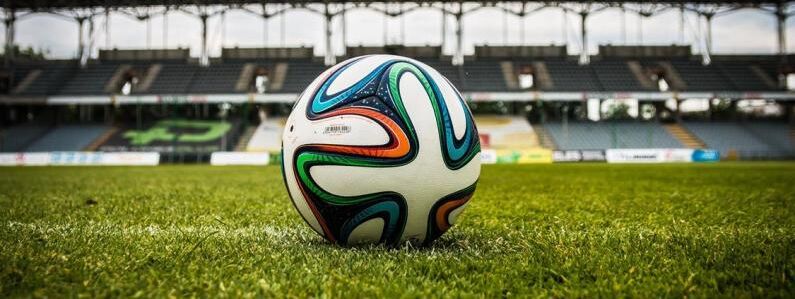Gambling
Football plays a large part in gambling addiction, says leader of gambling care organisation

The North West Gambling Service (NWGS) has launched a new initiative to address the increasing issue of gambling addiction, and the “hundreds of deaths [caused] each year”.
Dr Matt Gaskell, the head of NWGS, describes the gambling sector as creating a "perfect storm" for addiction and says that football plays a large part.
The gambling industry in the UK is valued at approximately £15 billion.
NWGS offers support for those struggling with gambling addiction and related mental health conditions.
At the opening of a new clinic in Liverpool, Dr Gaskell pointed out football's negligence towards the dangers of gambling.
He said: "Gambling is killing people, there are hundreds of gambling-related suicides every year, there's misery and desperation across our communities.
"So we want football to take that a lot more seriously and for them to stand up and say 'no that's not ok', and for them to pull out of that sponsorship."
Stories of those who have taken their own lives as a result of a gambling addiction are common, including that of 27-year-old Ryan Myers who committed suicide in 2014.
“This thing seemed to be something that he couldn’t control, and something that was taking over his life” shares his father, John Myers, at the NWGS launch event.
Tranmere Rovers FC stands out for not endorsing gambling advertisements, with executive chairman Mark Palios advocating for football to be a “part of the solution” by creating safe environments in which people could seek help. He rejects the notion that football clubs need gambling sponsorship funds.
Dr Gaskell notes that gambling primarily affects younger, employed men in relationships, engaging in online gambling.
But recognises the recent increase in women now facing gambling addiction suggesting this is due in part to targeted advertising and the allure of slot machines. He said between 25% and 30% of service users were women, with that percentage increasing.
He criticises the industry's profit-driven motives and calls for stronger regulations and laws.
In response, Premier League clubs have agreed to phase out gambling sponsorships on match shirts by the 2025-26 season.
A spokesperson for the Department for Culture, Media and Sport outlines measures for protection against gambling harm, ensuring advertising is socially responsible and promoting a code of practice within the sports sector.
They said, "The gambling white paper outlines a balanced and proportionate package of measures, delivering greater protections for those at risk of experiencing harm, while having minimal impact on the freedoms of the large majority of punters.
"There are already robust rules in place to ensure gambling advertising is socially responsible, and we support the work ongoing across the sport sector to develop new standards through an industry wide code of practice."
Share
